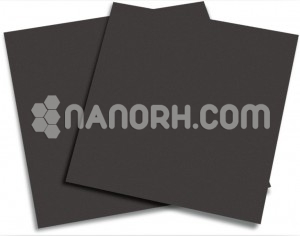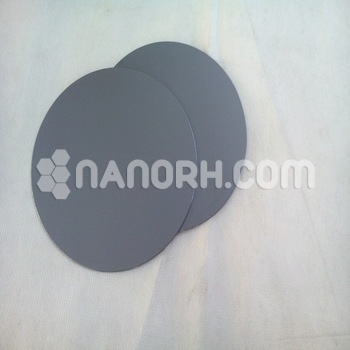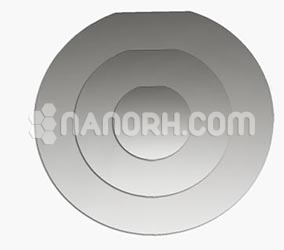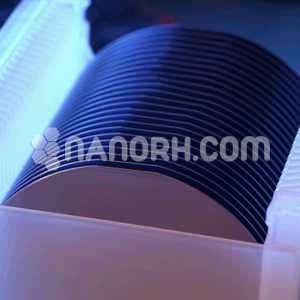| Highly Ordered Pyrolytic Graphite Sheet | |
| Product No | NRE-46008 |
| CAS | NA |
| Purity | NA |
| Hardness | 85 shore A |
| Density | 1.5 g/cm³ |
| Structure | NA |
| Color | Dark Grey |
| Thickness | 0.03mm |
| Thermal Resistance | 0.07 °C –in2/w |
| Thermal Conductivity | 700w/m.k (X-Y axis) |
Highly Ordered Pyrolytic Graphite Sheet
Introduction:
Highly Ordered Pyrolytic Graphite sheet are advanced materials characterized by their exceptional crystallinity and uniform structure. Produced through the pyrolysis of carbon-rich precursors, HOPG exhibits outstanding thermal and electrical conductivity, highly mechanical strength, and excellent thermal stability. These properties make it ideal for a wide range of applications in various industries.
Applications
Electronics:
Heat Sinks: Used in electronic devices to dissipate heat efficiently from components, helping maintain optimal operating temperatures.
Conductive Layers: Serves as conductive layers in devices such as touch screens and sensors, where highly conductivity and low resistance are critical.
Scientific Research:
Sample Holder in TEM: Commonly employed as substrates in transmission electron microscopy (TEM) for studying nanomaterials, due to its flatness and thermal stability.
Graphene Research: Used as a substrate for the growth of graphene and other two-dimensional materials, facilitating research in nanotechnology and materials science.
Battery Technologies:
Electrodes: Incorporated into lithium-ion batteries and supercapacitors as electrode materials, where highly conductivity and surface area enhance performance.
Thermal Management:
Thermal Interface Materials: Employed as thermal interface materials in various applications, improving heat transfer between components.
Aerospace and Defense:
Used in aerospace applications for thermal protection and as part of lightweight structural components, where strength-to-weight ratio is crucial.
Nuclear Applications:
Utilized as neutron reflectors or moderators in nuclear reactors due to its low neutron absorption cross-section.
Medical Devices:
Applied in certain medical equipment and imaging devices for its electrical properties and stability at highly temperatures.




